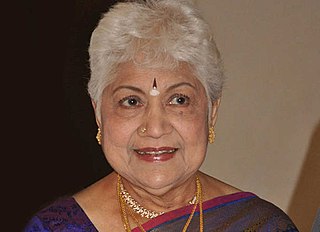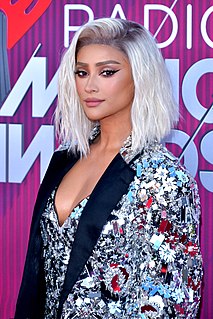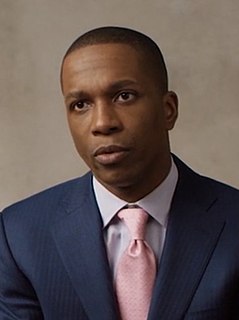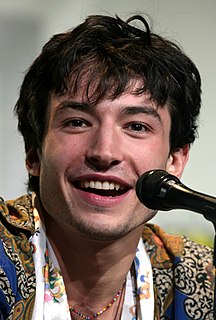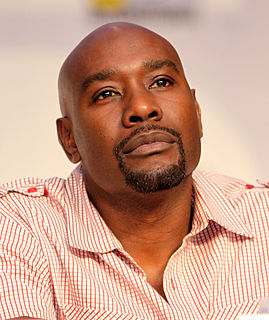A Quote by Sowcar Janaki
At 14, I started reading popular scripts, wanted to learn Telugu, read books and improve my language. Then I got married at 15.
Related Quotes
By the time I got to college I had stopped reading books because I wanted to "be cool" and started reading books simply because I wanted to read them. I discovered heroes like Roth, King, Dahl, Shirley Jackson, Patricia Highsmith, TC Boyle, Douglas Adams, Neil Gaiman, David Sedaris. These people weren't trying to "rebel against the literary establishment." They were trying to write great, high-quality books that were as entertaining and moving as possible.
I'm reading a lot of different books, but I always think I have to switch it up a little bit. It's like food - everything in moderation, same with my books, same with my reading. You read books that are good for you and you learn a lot of stuff, then you read 'Fifty Shades of Grey,' which is like candy.
If you are reading in order to become a better reader, you cannot read just any book or article. You will not improve as a reader if all you read are books that are well within your capacity. You must tackle books that are beyond you, or, as we have said, books that are over your head. Only books of that sort will make you stretch your mind. And unless you stretch, you will not learn.
I started writing because I wanted to write scripts, but I wasn't very good at it. Then I started writing short stories, sort of as treatments for the film scripts, and I found I enjoyed writing short stories far more than I enjoyed writing film scripts. Then the short stories got longer and longer and suddenly, I had novels.
There's no such thing as a folk writer. There's no such thing as somebody who's never read a book before suddenly sitting down one day and writing one. You have to learn how to captivate a reader. Right? And I don't mean you have to go to school for it. But if you're - if you pay attention, you can learn it by reading books. And so I feel like I learned a lot by reading books.
So often we think, well, kids learn to read at school, I don't have to be responsible for that. But in fact they learn to love reading at home, and therefore it's really important that we as parents preserve the joy of reading by supporting them and reading things that speak to their hearts, books that they love.
